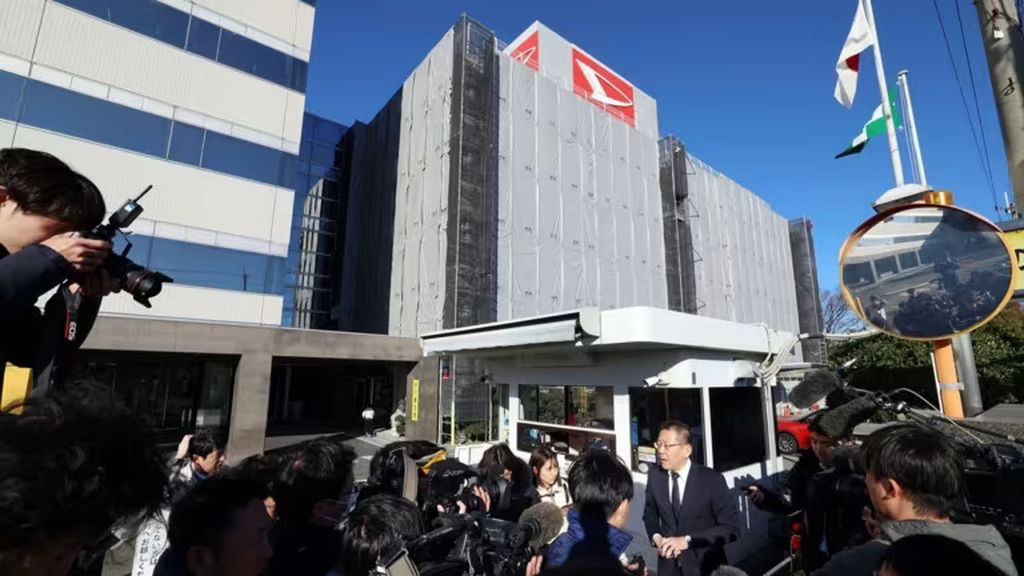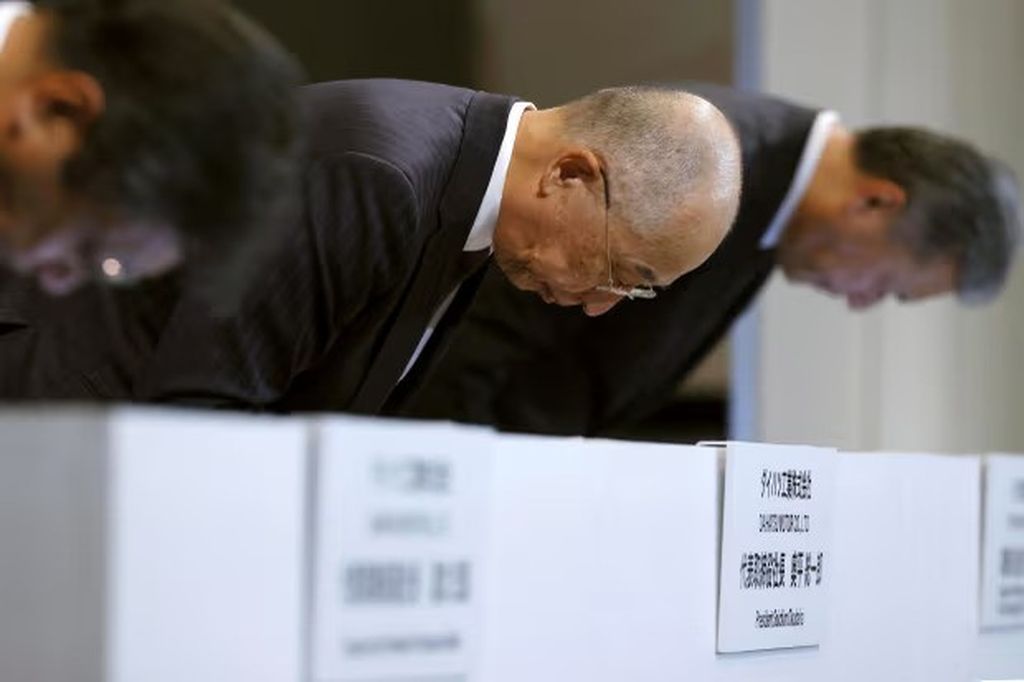Daihatsu has admitted to manipulating data on some models over the past 30 years. Closing its factories and compensating suppliers could cost Daihatsu up to $700 million.
As a result, the Japanese car manufacturer has had to halt all production activities in its home country without announcing an exact time to resume. In addition to the loss in sales, Daihatsu also has to negotiate with suppliers for compensation for lost revenue due to the production stoppage as well as support costs for Daihatsu dealers abandoned by customers following the scandal. In Japan, Daihatsu has over 423 tier-one suppliers and 30,000 car dealers nationwide.
This compensation amount is expected to be substantial and will come with the costs of additional safety investigations and inspections.
According to Seiji Sugiura, an expert from the Tokai Tokyo Research Institute, “Depending on the scale of compensation, Daihatsu’s damages could reach 100 billion yen (equivalent to $700 million) or more”.
Daihatsu reported operating profit of 141.8 billion yen and net profit of 102.2 billion yen in fiscal year 2022. And the scandal could push Daihatsu into the red for the first time in 30 years.
Japan accounts for about 60% of the 1.42 million cars produced in Daihatsu’s last fiscal year. Daihatsu also produces cars in Indonesia and Malaysia, which have also produced around 300,000 cars. Daihatsu also manufactures cars for the Japanese market and exports to the Toyota, Subaru, and Mazda brands as an original equipment manufacturer. Daihatsu also plays a particularly important role in Toyota’s strategy to develop mini electric cars in Japan and small cars in emerging, developing markets.
Since fully owned by Toyota in 2016, Daihatsu is said to account for only about 3% of the parent company’s operating profit and is expected to increase by 65% to 4.5 trillion yen in fiscal year 2023. But if Daihatsu incurs more than 100 billion yen in losses, Toyota’s profit could be affected.
The Japan Ministry of Transport is conducting a separate investigation and has directed Daihatsu to stop the delivery of cars until it can verify the safety of its products. Additionally, the company may face other penalties, including the withdrawal of necessary certifications for commercial production.
TT (Tuoitrethudo)
Reference: Asia Nikei















































